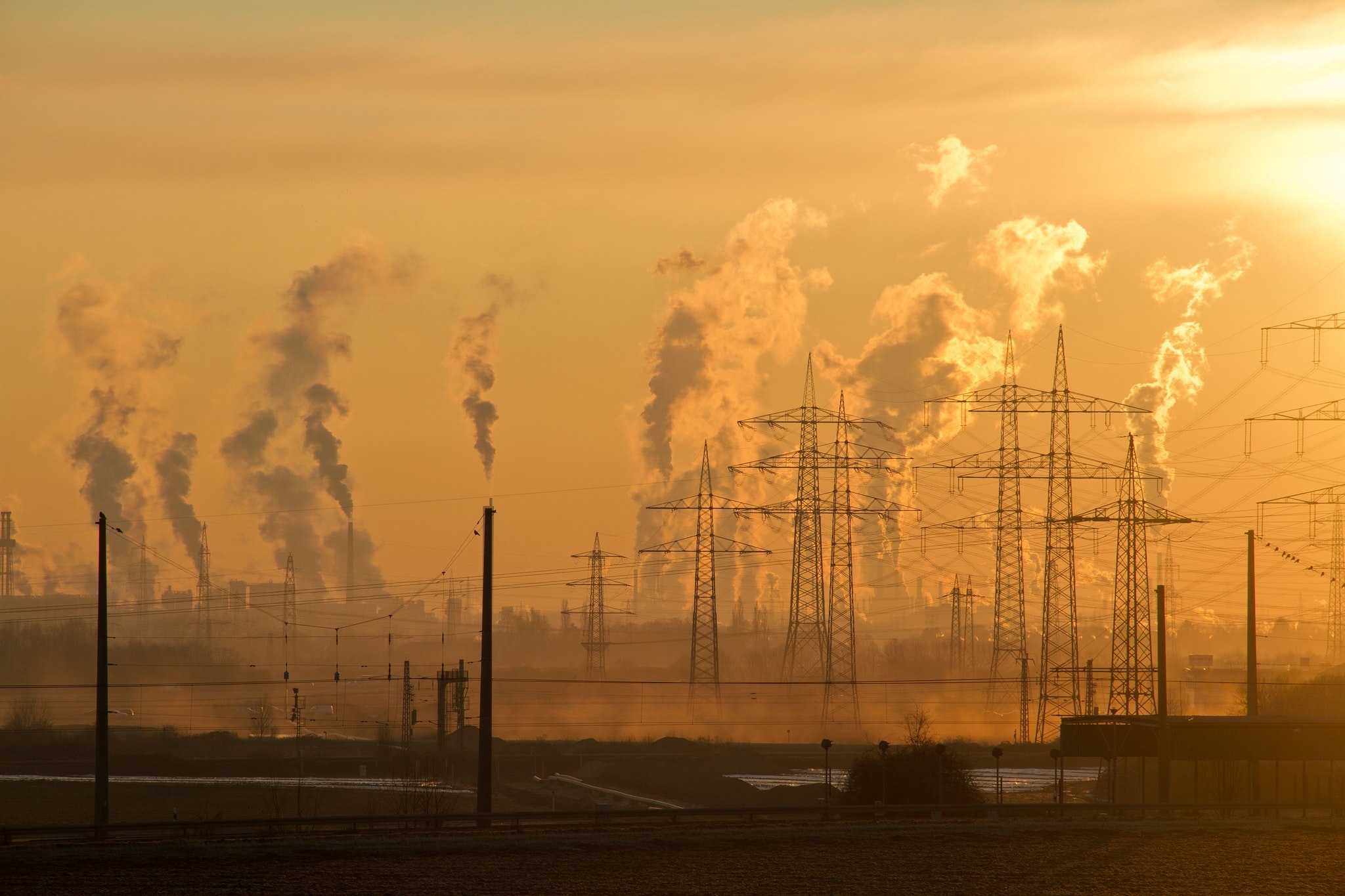Climate change is in the news again. The UN Intergovernmental Panel on Climate Change’s annual report announces yet more chilling details; there are twelve years remaining to reign in greenhouse emissions, before we face catastrophic consequences.
Legitimising claims that climate change fits into the natural cycle of our planet is irresponsible. NASA has shown that the rate of climate change since the industrial age is an anomaly in our planet’s history.
Experts have stressed the issue of climate change since the 1960s. However, companies such as the American Petroleum Institute suppressed their work; these same businesses were some of the major contributors to climate change. Only in the eighties did a public conversation emerge. As a result, rather than a gradual adjustment, our only choice is a rapid transition to sustainable energy.
The IWW estimates that a temperature rise of 1.5°C could wipe out up to 90% of Earth’s coral, which contributes an estimated £23 billion to the economy annually. The fishing industry is utterly dependent on coral reefs to generate revenue. They are the breeding grounds for one-third of the world’s fish; at our current trajectory, they will be gone by 2040.
Check out this new graphic making sense of the IPCC Report. Thank you to our friends at WWF! pic.twitter.com/Oy0zZP4Apo
— Tom Erb (@erbclimate) October 16, 2018
Vast swathes of farmland will be rendered unusable; increasing demand and diminishing supplies will skyrocket prices as food rapidly gains value.
With resources predicted to be scarce, and an estimated global population of 10 billion by 2050, military leaders are voicing serious concerns that climate change could threaten world peace. Not only will the melting of the Antarctic create new strategic routes between America, China and Russia, exacerbating existing tensions, but shortages in resources may be a catalyst for further conflicts.
Retired senior British navy office Neil Morisetti commented on the Global Military Advisory Council on Climate Change’s briefing based on the recent IPCC report:
“This report is a very timely reminder to national and international leaders: the impact of a changing climate is not just an environmental issue, it is already accelerating instability in vulnerable areas of the world, which in turn poses a risk to geo-political stability, a prerequisite for sustained economic growth and well-being for all.”
The UK does not have to choose between protecting the climate and supporting the economy.
Research has found that rapid global action on #climatechange would bring a direct economic gain of US$26 trillion globally by 2030.
We must act now!
— Tom Brake MP (@thomasbrake) October 20, 2018
The World Bank has suggested that climate change may render Africa uninhabitable in a matter of decades. Hundreds of millions of refugees could be displaced, in a crisis of historic proportions. In comparison, there are an estimated 6.3 million refugees as a result of the Syrian conflict.
The next generation risk living under some of the worst conditions in recorded history. The Paris Climate Agreement aims to limit the rise in average global temperatures to 1.5°C. However, experts, such as UNEP, agree that this is aim is unattainable at the current rate of climate change.
New technologies offer some hope; with the help of carbon scrubbing, we can begin returning our atmosphere to an ideal state. However, prevention remains vastly superior to treatment; we cannot turn back the clock on the damage already done.
I’m honestly just so done. The earth is dying and nobody cares. I’m dying inside and outside. Why tf won’t anyone believe in climate change pic.twitter.com/4I5W7idbES
— saltyIce (@iceysalt) October 20, 2018
George Mueller-Waite
Image: [Pixabay]

